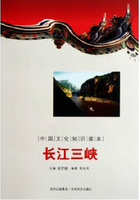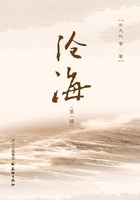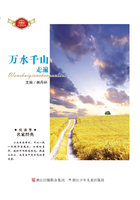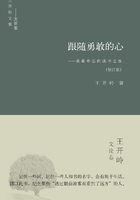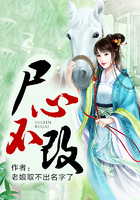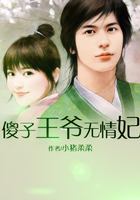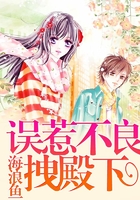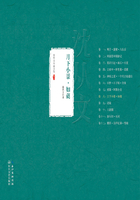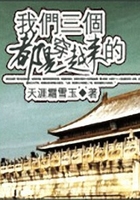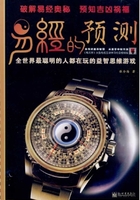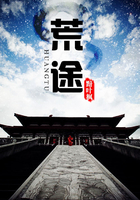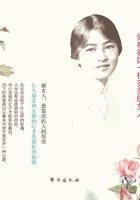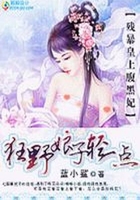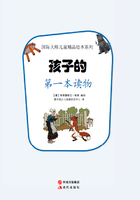中国的儒教博大精深,是中国文化的重要组成部分,对中华民族的文化、心理、伦理道德等方面影响很大,在世界上也有很大的影响。本篇介绍的内容是孔子的生平、儒教的影响、孔子的主要思想以及儒教的一些特点。
1.孔子的生平大致是怎样的?
What is known about Confucius’ life?
According to Chinese tradition,Confucius (551 B. C.— 479 B. C.) was a thinker, political figure, and educator. Records of the Historian (《史记》) by Sima Qian collected tales about him. Based on these tales, his ancestors were members of the Royal State of Song (宋国贵族). Later, his great grandfather, fleeing turmoil in his native Song, moved to Lu (鲁国), somewhere near the present site of Qufu in southeastern Shandong Province.
There the family became impoverished, and the young Confucius had to undertake jobs as an accountant or cared for livestock. We do not know how he was educated, but tradition has it that he studied ritual with the Daoist Master Lao Dan, music with Chang Hong, and the lute with Music-Master Xiang (相传曾问礼于老聃,学乐于苌弘,学琴于师襄). In his middle age, Confucius is supposed to have gathered about him a group of as many as 3,000 disciples whom he taught. At the age of 50, his talents were recognized by the state, and he was appointed Minister of Public Works and then Justice Minister. But he apparently offended members of the lu nobility and was forced to leave office and go into exile.
In the company of his disciples, he left the State of Lu and traveled from state to state to offer his advice to rulers on how to improve their management of state affairs. At the same time, he looked for an opportunity to put his ideas into practice, but this opportunity never came. In any case, by most traditional accounts, he returned to Lu in 484 B. C. and spent the rest of his life teaching and editing Book of Songs (《诗》), Book of Documents (《书》), and Spring and Autumn Annals (《春秋》). The best-known of which is Analects (《论语》), a collection of his sayings that was compiled and edited in its modern form during the Han Dynasty. Confucius died in 479 B. C., aged 72.
Notes:1)thinker思想家;2)ancestor祖宗;3)turmoil混乱;4)impoverished穷困的;5)undertake从事;6)accountant会计;7)livestock家畜;8)talent天才;9)offend冒犯;10)nobility贵族
2.儒教的影响有多大?
What influence has Confucius had?
Confucius is the most famous sage of China. More than any other single man, he, through his followers, produced the principle basis of the Chinese tradition of ethics and political theory that had thus deeply influenced Chinese society and culture. Over the centuries, this influence spread also to Korea, Japan and other countries.
Confucianism is wholly considered more of an ethical philosophy than a religion. However, it is debatable if the system founded by Confucius should be called a religion. It prescribes a great deal of ritual, but little of this can be interpreted as worship or meditation in a formal sense, and Confucius occasionally made statements about the existence of other-worldly beings that sound agnostic to western ears.
Notes:1)ethics伦理学;2)debatable可争论的;3)meditation沉思;4)occasionally偶尔地;5)agnostic不可知论的
3.孔子思想的基本内容主要有哪些?
What are the basic concepts in Confucian thought?
Li (礼), courtesy. Courtesy is originally believed to have originated in Heaven. Confucius redefined li to refer to all actions done by a person to build an ideal society in everyday life. In practice, Confucius tried to revive the etiquette of earlier dynasties.
Xiao (孝), filial piety. This had long been considered as one of the greatest virtues and had to be shown towards both the living and the dead. It denotes the respect and obedience that a son should show to his parents, especially to his father. Confucius extended this code of conduct to broader patterns of obedience—the wife obeys the husband; the younger brother the elder brother; the subject the ruler.
Zhong (忠), loyalty. This was traditionally the equivalent of filial piety on a different plane, and the relationship between a ruler and his ministers. It was not only stressed by Confucius but clearly demonstrated in his life of moral courage and devotion to principles.
Ren (仁), benevolence. The word ren in Chinese consists of two components—“person”and“two,”referring to the way two persons should behave towards each other with mutual respect and heart. It implies a system based on empathy and mutual understanding. It is perhaps expressed in the saying,“Do not do to others what you would not like them to do to you (己所不欲,勿施于人).”
Junzi (君子), gentleman. This term literally means“son of a ruler,”but it is used to person who has a well-integrated personality. Such a man is expected to act as a moral guide to the rest of society. He cultivates himself morally, he participates in the correct performance of the rites, and he shows filial piety and loyalty where these are due, and the great exemplar is Confucius himself.
Notes:1)courtesy礼貌;2)revive复苏;3)etiquette礼节;4)filial孝顺的;5)piety虔诚;6)obedience顺从;7)equivalent对等;8)demonstrate说明;9)empathy移情;10)cultivate培养
4.汉武帝为什么要“独尊儒术”?
Why did Emperor Wudi make Confucianism the orthodox philosophy of the Han Dynasty?

